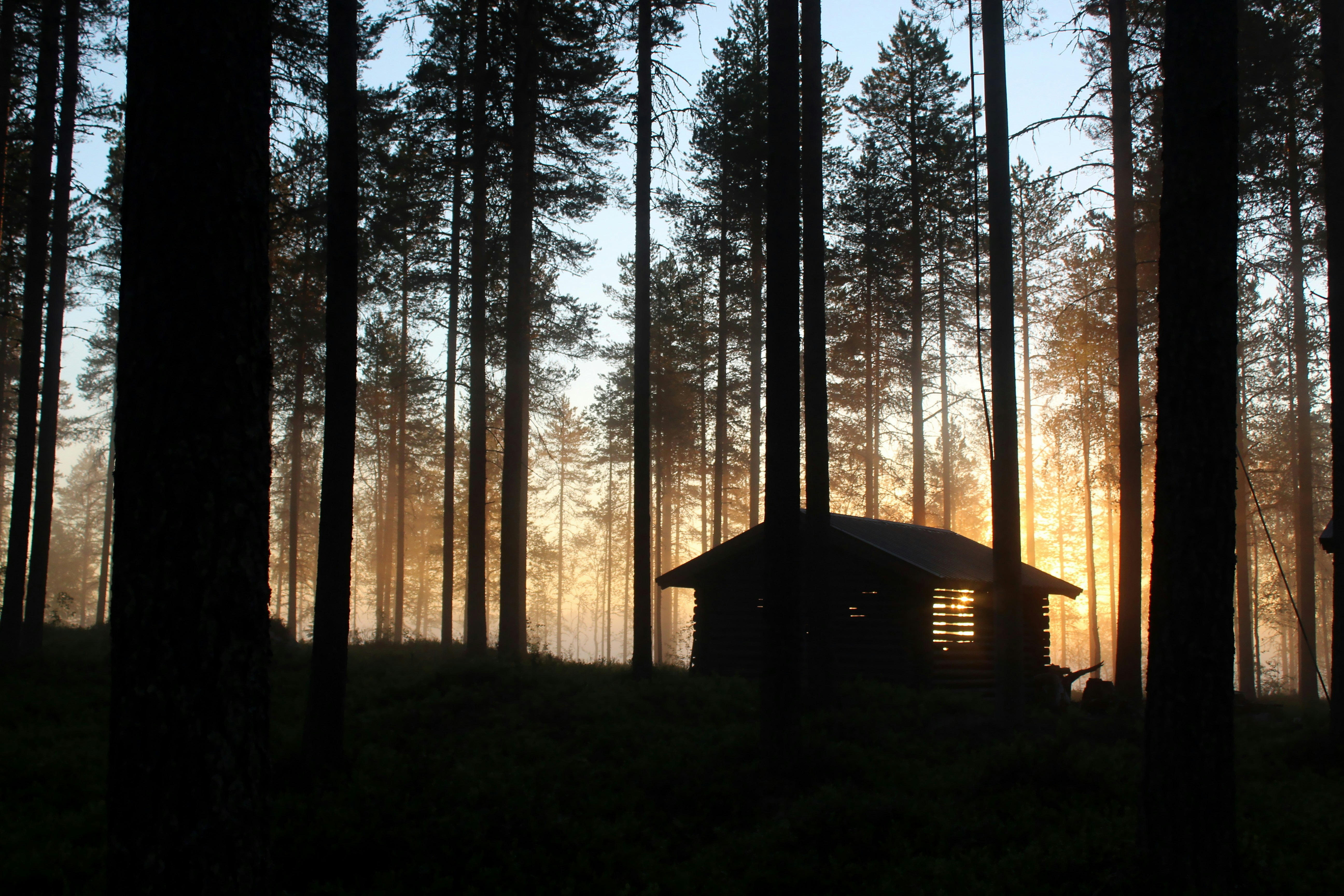
3 minute read
Shelter (vignettes).
BY RENAH THOMPSON
I watched a YouTube video the other day; a hippie couple was building an earthen house. It was backbreaking labor, but worth it. They made the safest, calmest, quietest house you can imagine. Once it was finished, nothing could shake it; no storm or 110-degree desert heat or earthquake would disturb them.
I’m neighbors with a good friend who has the most stable and caring presence of anyone I know. I can come home dysregulated, frantic, exhausted, anxious—but a few minutes later, after a hug and a little conversation with my neighbor, I can breathe again. That presence and “with-ness” brings peace, a lifegiving exhale.
I remember coming back to my tiny little house last winter during the worst of the cold. It was 35 below zero and snowing and blowing—the kind of weather where you double-check to make sure you have your keys before you step outside for something, or look out, you might actually die. I hustled inside, pulled the door shut, and turned up the heat. Phew. Safe. The wind could blow all it wanted.
I work at a school district in rural Montana. One sixth grader told me that he’s moved four times this year and has been trying to protect his little sisters the whole time—first they were with Mom, then Child Protective Services came and took them to Grandma’s. Then Dad’s place, then Auntie’s, then back to Dad. Unfortunately, there’s drinking at Dad’s and somebody pulled a gun this summer, so they might be moving again. Another kid told me a similar story. He’s been abused for years, one “father” after another, and now, at 15 years old, things are finally changing. I asked him who in his life would support him, who he could talk to. “Um … I guess … you.” My broken heart can barely hold all this.
They just need one safe place.
––
We’re all in need of shelter, one safe place to hide from the spiraling evil and fatigue and the big or small disasters in our lives. One safe place to hide from sin, really—ours and others’ and the brokenness of the whole world. It is a burden too heavy to carry and too deadly to manage or survive. So consider—what in your practical, daily-lived, ordinary life are you doing to take shelter? How does Jesus, in more than theoretical terms, become your safe place?
Martin Luther said, “For a man who belongs to an everlasting kingdom all is well, and it is fitting that he should dance through life …” That is one of the best answers I can find. Fix your eyes on what is (for now) unseen. Put your hope and your focus on the things that last so that you have the stability, the perspective, the strength, to shelter others and to share that hope.
Remember: “My life is hidden with Christ in God” (Colossians 3:3). In all the layers of theological richness there, remember the simple truth: he is your hiding place. Hope in him.
Thompson is a member of Faith Free Lutheran, Kalispell, Mont.










